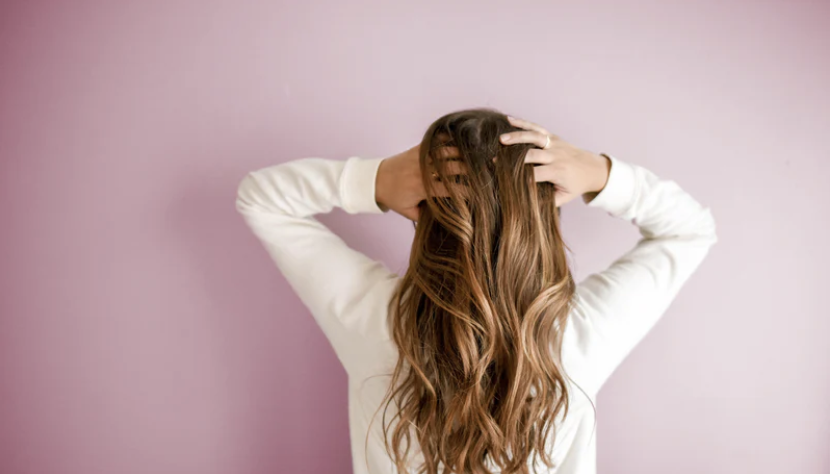Cancer and Hair loss
May 26, 2021
Share

Hair loss
- Hair loss is a very stressful symptom in cancer patients.
- It usually occurs as a treatment side effect.
- Not necessarily all patients receiving cancer treatments develop hair loss. Also some drugs have higher risk than others
- The amount of hair loss also differs among patients. It depends on the drug you take, its dose and even the way you receive it, whether as a pill or through veins.
Causes in cancer patients are:
- Some chemotherapy medications
- Hormonal therapy
- Radiation therapy
- Some targeted therapy medications
- Anemia, poor nutrition, thyroid problems, stress and anxiety can also cause hair loss in cancer patients.
- Chemotherapy drugs usually cause hair loss throughout the body, this includes scalp hair, eyelashes, eyebrows, arms, legs, underarms and pubic area.
- Targeted therapy doesn’t cause complete hair loss, but hair may become thinner or drier.
- Radiotherapy only causes localized hair loss at the site of exposure. With higher radiation doses, the regrown hair might be thinner or with different texture than the original hair.
- Hormonal therapy can affect hair after several years of therapy. However it does not cause complete hair loss.
- Hair loss as a side-effect of cancer treatments doesn’t start right away with starting treatment but takes weeks to start.
- Hair loss is usually temporary. Patients start regrowing hair back usually 1-3 months after ending treatment.
- It usually takes 6-12 months for new hair to completely grow back. New hair may be thinner or thicker, may have different color than the normal hair but usually returns to its normal in the following years.
How to cope with hair loss:
- Hair loss can cause social and emotional distress for many patients. It’s important to deal with it as a major problem that affects quality of life.
- It is also important for patients to understand the time needed for their body to heal, and use the coping mechanisms until that happens.
- Talk to your healthcare team to understand the amount of risk of hair falling with your cancer treatment.
- Use gentle shampoo to wash your hair, do not wash it everyday or scrub it vigorously.
- Use wide-toothed comb and pat your hair dry to avoid any damage.
- A shorter haircut can help you care for your hair, and help your hair taking less time to grow back.
- Avoid blow-drying your hair with heat, hair straightener or curler, and chemical hair products and dyes.
- Cover your head to protect it from the sun, and use sunscreen over areas with hair loss.
- Talk to your doctors about vitamin supplements that can help your hair become stronger and grow back.
- Talk to your doctors about scalp cryotherapy or cold cap therapy. This type of therapy helps preventing hair loss from chemotherapy drugs given into veins. It works through narrowing the scalp blood vessels at time of chemotherapy infusion thus reducing the amount reaching the scalp.
- You can use Natural looking wigs and hairpieces pieces. You can style them the way you want until your hair grows back to normal. Insurance companies may cover for them as well. Or you can use other options include fashionable scarfs.
- Care for the regrowing hair the same way. You can also ask your doctor about hair growing medications as minoxidil, as well as vitamins, creams and lotions.
- Follow your doctors’ instructions on caring for associated problems as treating anemia and nutritional deficiencies.
- Support groups can help you express your emotions and let out your feelings. Use all the support you can get and give your body time to heal.
Feel free to watch this video as many times as you would like. If you have any additional questions, you are welcome to reach out to your doctor’s office.
Trusted by cancer patients around the world.
Joan-Smith
Virginia, United States
ChuckHastings
Florida, United States
DebraPearl
Pennsylvania, United States
Jennweeks
Iowa , United States
PatrickDW
Western Cape, South Africa
Jamie-Alexander
Floroda United States
CJ
Liz
Florida, United States
NYCynthia
New York, United States
Ferdi
California, United States